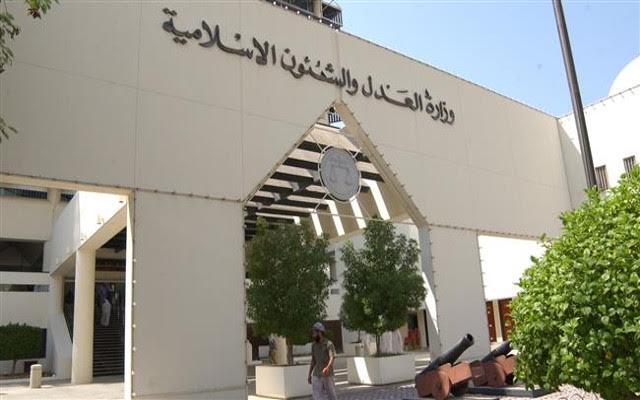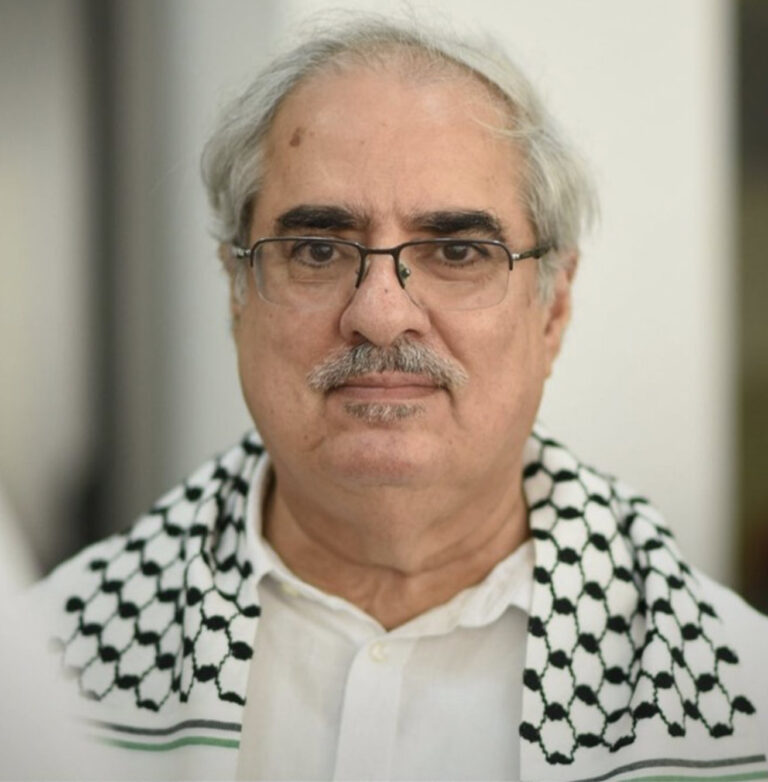8 June 2016 – Bahraini courts sentenced two victims of torture to death on Tuesday amid serious concerns that the judiciary failed to uphold basic fair trial and due process guarantees, despite international outcry over recent executions carried out by the Kingdom. We, the undersigned, condemn the authorities’ use of torture and capital punishment and call on the Government of Bahrain to commute these death sentences and investigate all allegations of abuse.
On 6 June 2017, the 4th Higher Criminal Court of Bahrain, presided over by Judge Ali Khalifa al-Dhahrani, issued a death sentence against Sayed Ahmed al-Abbar, 21, and Husain Ali Mohamed, 20. Both men were tortured into signing prepared confessions which were then relied on to issue the death sentences against them.
State security forces, most likely agents of the National Security Agency, detained the al-Abbar and Mohamed on 24 April 2016 without a warrant. They are charged with involvement in an incident on 16 April 2016 in the village of Karbabad, in which a military patrol vehicle was torched and a security officer reportedly killed. Important details of this incident remain unverified. Al-Abbar and Mohamed were tried alongside 11 other defendants; they were the only two to receive the death sentence.
Following their arrest, both men were tortured by the Criminal Investigations Directorate (CID) at its headquarters in the Manama neighborhood of Adliya. CID interrogators tortured al-Abbar for five days. They punched and cuffed him, kicked him in the head, face, and groin, and applied electrodes to his genitals. One blow to the side of his head caused severe long-term pain in his ear canal, presumably a result of damage to the eardrum. After nearly a week of torture, al-Abbar signed a prepared confession. He was held in solitary confinement for approximately 16 days both before and after the torture sessions. UN human rights bodies have recognized that unjustified solitary confinement is a form of abuse, which can in some circumstances rise to the level of torture. Mohamed was also beaten until he made a confession, and his nose broken in the process.
Both men have been denied timely and effective medical treatment in the aftermath of their torture. When al-Abbar was briefly seen by a government doctor around early May 2016, the doctor refused to run X-rays and told al-Abbar that he was fine after a cursory physical examination. Before his second doctor’s appointment, which was not granted until a complaint had been filed with the Ministry of Interior Ombudsman, al-Abbar was told by his guards not to mention the beating that had caused the inflammation in his ear canal. He is still waiting for the prison administration to schedule him an appointment to be X-rayed. Mohamed has been in need of surgery to repair his broken nose since his torture in April 2016. On 8 May of this year he had been scheduled for transfer to a hospital, but the prison administration cancelled the appointment without explanation. Following complaints to the Ombudsman and the Special Investigation Unit of the public prosecution office, Mohamed was rescheduled for surgery on 4 June, but the prison administration again failed to carry out the medical transfer on that date.
The authorities did not present al-Abbar to the Office of Public Prosecution until five days after his arrest on 29 April, violating Bahrain’s own laws, which require that anyone apprehended be brought before a prosecutor within 48 hours (Code of Criminal Procedure, Art. 57, ¶ 1). When he was presented to the state prosecutor’s office, al-Abbar was questioned without a lawyer present, contrary to the principle enshrined in Article 20(e) of the Bahraini Constitution that “Everyone accused of a felony shall have an attorney to defend him.”
Bahraini authorities systematically violate domestic law with impunity from, or the complicity of, the kingdom’s courts. On the same day that Judge al-Dhahrani sentenced these two young men to death, he also barred a defense attorney from asking CID officer Abdulla Mohamed Ramadan why his agency had held another group of defendants for four days without bringing them before a prosecutor. Judge al-Dhahrani, like many other Bahraini judges, has thereby directly abetted the violation of Bahrain’s own legal safeguards of due process.
There are serious concerns that Judge al-Dhahrani has exhibited bias in several similar cases which have resulted in the death penalty. Judge al-Dhahrani presided over the hearings on Mohammad Ramadan and Hussain Moosa, two Bahraini men facing imminent execution whose trial has been condemned by international bodies for failing to meet the most basic standards of fairness. Both men are victims of torture, used to extract confessions that were relied upon at trial as evidence, in violation of international and domestic law. To date, the Bahraini authorities have failed to investigate in line with their international obligations arising out of the Convention Against Torture.
The court, the Office of Public Prosecution, and the administrators of Bahrain’s penitentiary and detention system have all prevented al-Abbar from meeting or communicating with his attorney, in violation of the Bahraini Constitution and the International Covenant on Civil and Political Rights (Art. 14.3, ¶¶ b, d), to which Bahrain has acceded. In addition to violations of due process, there are serious concerns that the prosecution did not investigate the charges against both men impartially, in line with international standards. Al-Abbar was brought, along with several other suspects, to the site where the security forces’ vehicle was torched and ordered to re-enact the prosecution’s version of events on that date while prosecution staff took photographs.
The judiciary continues to hand down sentences targeting peaceful protesters. In addition to the charges relating to the Karbabad incident, al-Abbar has been sentenced to five years in prison for “rioting,” a charge the Bahraini government routinely issues for participation in peaceful protests. In that trial as well the justice system prevented him from communicating with his attorney. Mohamed has also been sentenced in a second case to one year in prison for “unlawful assembly,” another charge typically related to peaceful demonstrations. Article 178 of the Bahraini Penal Code criminalizes any public “gathering of five or more people” whom the courts determine intended to “infringe public security.”
The latest death sentences are indicative of a pattern of abuses carried out by the state against persons on death row. On 15 January 2017, the Government of Bahrain executed Ali al-Singace, Abbas al-Samea, and Sami Mushaima by firing squad, ending the Kingdom’s de facto moratorium on capital punishment. All three men were tortured into providing false confessions to a bomb attack that had killed three security officers and their trials were marked by severe due process violations, leading a UN expert to describe the executions as “extrajudicial killings.” There are currently 15 individuals on death row in Bahrain.
“Once again, the Bahraini judiciary is deeply complicit in grave human rights violations,” comments Husain Abdulla, executive director of Americans for Democracy & Human Rights in Bahrain. “The court system has made itself an arm of Bahrain’s monarchy and cannot be relied upon to provide even minimal safeguards for detainees in the hands of security agencies. More often, as now, it exploits a veneer of judicial legitimacy to further punish victims of abuse, presuming guilt. It is imperative that international actors demand a moratorium on the death penalty in Bahrain before this latest mockery of justice results in new executions.”
The Bahraini criminal justice system continues to issue harsh sentences in unfair trials, including the death penalty. We call on the Government of Bahrain to immediately commute the death sentences of Sayed Ahmed al-too Abbar and Husain Ali Mohamed and conduct an independent investigation into their abuse. We additionally urge the government to institute a moratorium on capital punishment with a view to its full abolition.




